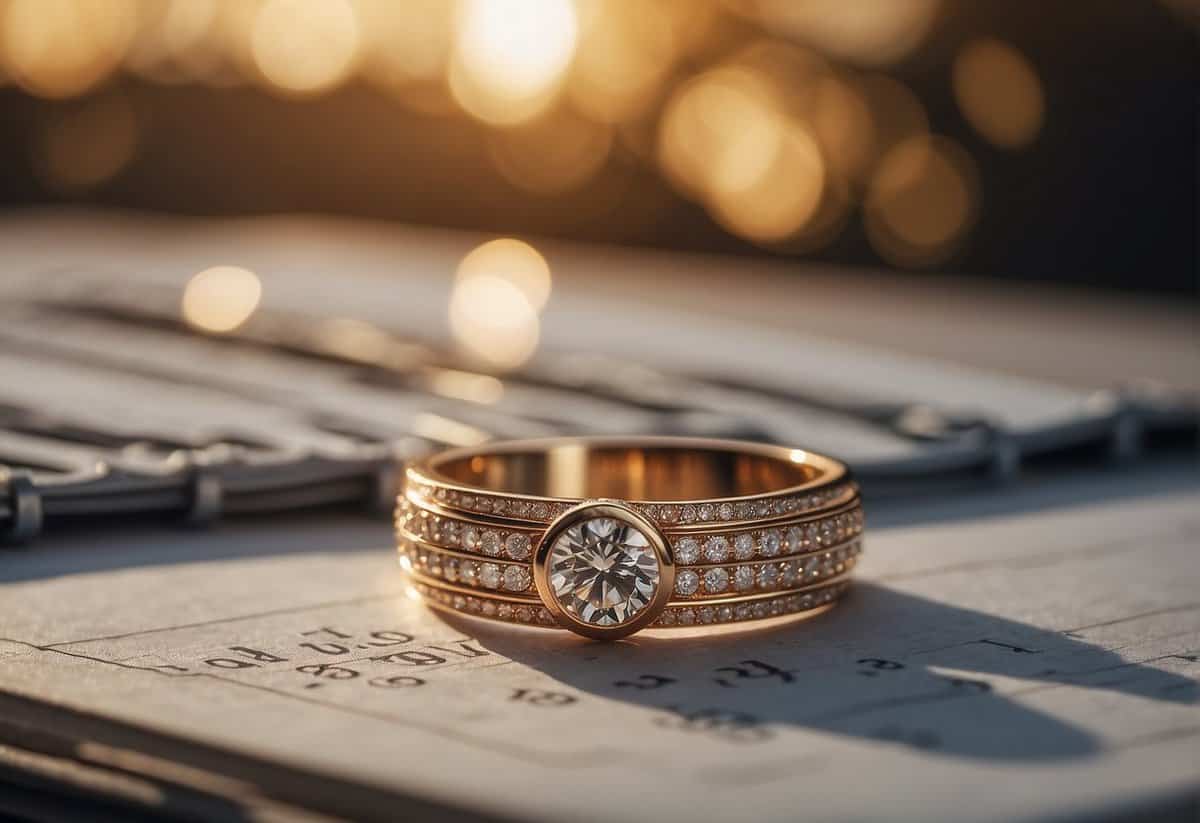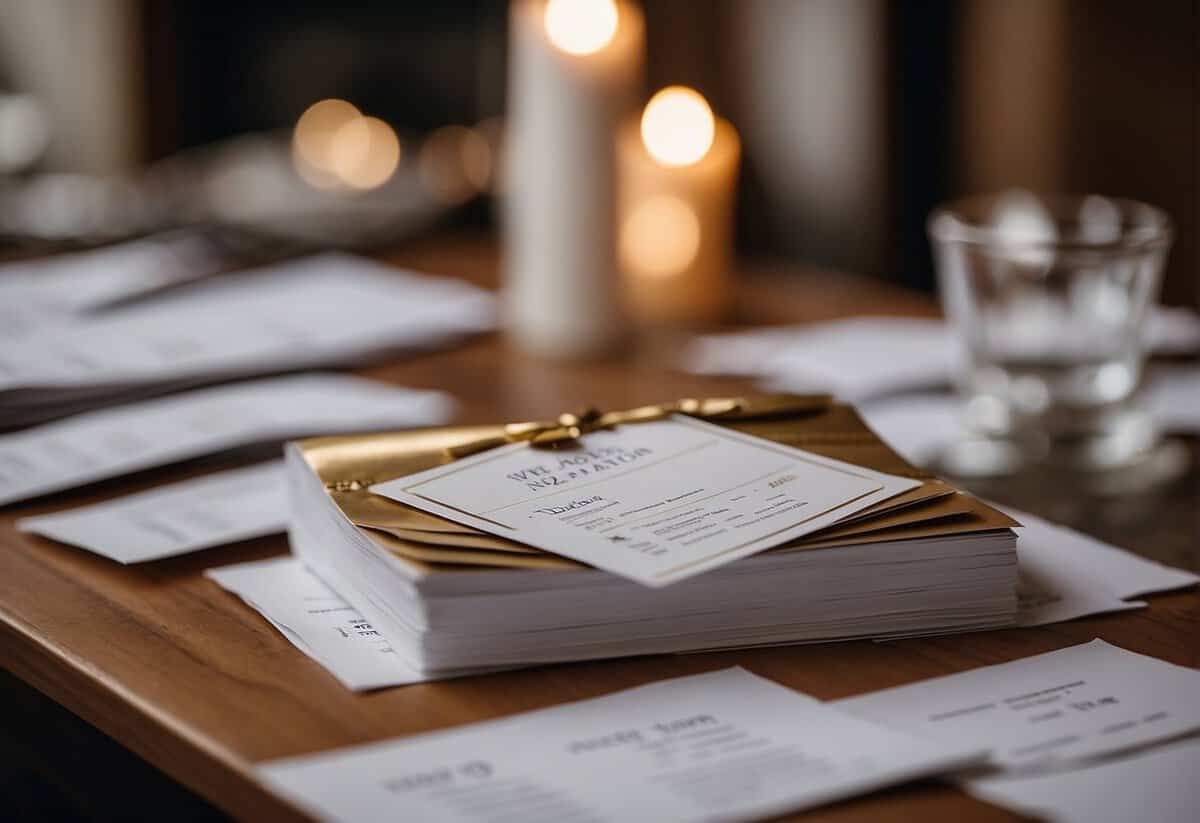Is 33 Too Old to Get Married? Debunking Age-Related Marriage Myths
At 33, you might find yourself facing societal pressures and personal reflections about marriage. Common convention once dictated that marriage should occur in the twenties, but trends and perspectives have shifted significantly. As you grow older, it becomes paramount to recognize that maturity, personal growth, and understanding of oneself often enhance the foundation on which lasting relationships are built.

The question of whether 33 is too old to get married hinges on multiple factors, including individual readiness, career stability, and life experience. The decision to marry at any age should be based on personal readiness and commitment rather than age. It’s important to consider that the landscape of marriage and partnerships has evolved, with many finding fulfillment in marrying later in life, seeing it as the new normal.
Key Takeaways
- Personal readiness and maturity are critical for a strong marriage foundation.
- Age should not be the decisive factor for marriage; individual circumstances matter more.
- The perception of the right age to marry is changing, with many opting for later nuptials.
Evaluating the Right Age for Marriage

When thinking about the right age to get married, it’s crucial to consider various factors such as societal expectations, emotional maturity, and financial stability. Each element plays a significant role in determining if it’s the right time for you to take this step.
Societal Expectations and Age
Society often has its own views on when it’s normal to get married. You might feel pressure to tie the knot by a certain age, which is frequently seen in the early to mid-twenties for many people. However, getting married in your 30s is becoming more common and acceptable as societal norms shift. The notion of a “right” age is less rigid now, and for many men and women, waiting a bit longer for marriage allows them to focus on personal growth and relationships without the rush.
Personal Development and Emotional Maturity
By the time you reach your thirties, you’ve usually had various life experiences that contribute to your emotional maturity. This aspect is fundamental for a healthy relationship. You’re more likely to have a solid sense of self and understand what you want in a partner. During this time, people often develop their hobbies and interests, which can lead to a more independent and fulfilling life both before and during marriage.
Career and Financial Stability
Financial experts often suggest reaching a certain level of financial stability before getting married. By your thirties, you may have completed your education and established yourself in your career, which can provide the security and confidence needed to build a life with someone else. Married couples often benefit from being financially secure, as it reduces stress and conflict about money. Being established in your career can also mean you have the time and energy to devote to a relationship and family life.
Marriage and Family Planning

When considering marriage, particularly at the age of 33, it’s essential to take into account your family planning goals and the potential implications for fertility and long-term partnership dynamics.
Fertility and Parenthood Timing
Your fertility can be an essential factor when planning for children. Women’s fertility typically begins to decline slightly at age 32 and more rapidly after 37, but this does not mean it’s too late to have kids. Many people successfully start families in their 30s and even 40s. For men, while there is less of a sharp decline, age can affect fertility, albeit to a lesser extent. Advancements in reproductive technology and increased support for parents of various ages mean that having children at an older age is more feasible than ever before.
The Impact of Age on Long-Term Relationships
Marrying at 33 means you have had more time to understand what you desire in a partner and a long-term relationship. This maturity can lead to a stronger foundation of love and partnership. However, it’s also key to consider that with age, you and your partner might find yourself navigating different life milestones and compromises, especially if one or both already have children from previous relationships. Maternal age is not just about fertility but also about the energy levels and dynamism you bring to family life. Staying informed about these aspects helps in building a supportive and fulfilling marriage.
Social Dynamics and Peer Comparisons

When considering marriage at 33, you may notice how deeply social dynamics and peer comparisons play a role in your decision-making process. By this age, many of your peers may have already exchanged vows, contributing to a heightened sense of pressure to follow a similar path. In several communities, the late twenties to early thirties are often seen as an ideal range to get married. This notion can make singles or those not yet ready to tie the knot feel like outliers.
- Age: Traditionally, it’s seen that by 33, individuals have had enough life experiences to establish stable relationships.
- Gender: Socially, there tends to be a difference; women may encounter greater pressure to marry earlier than men.
Interestingly, family and friends often have expectations about when you should get married, influencing your life satisfaction and possibly leading to questions about whether to prioritize personal readiness or social conformity.
- Family: They may envision weddings and grandchildren, while you evaluate the timing based on personal growth and readiness.
Your relationship status, whether single, in a relationship, or divorced, can contribute to different external pressures and expectations.
- Married by 33?: It’s a common benchmark, but increasingly, people prioritize personal development and career goals over early marriage.
Remember, you’re living your own narrative. Social benchmarks like attending others’ weddings can amplify the perception that there’s a ‘right age’ for marriage, but it’s the quality of the partnership, not the timing, that truly contributes to life satisfaction. Whether single by choice or circumstance, it’s vital to remember that marital status is not the sole measure of happiness or success.
Frequently Asked Questions

When it comes to marriage, you might wonder if there’s such a thing as the right time, especially if you’re in your 30s. Let’s address some common questions you might have about getting married at this stage in life.
At what age is it considered too late to get married?
It’s a common misconception that there is a specific age when it’s too late to get married. Marriage is a personal choice and people tie the knot at various ages, depending on their individual circumstances and cultural norms.
Are a significant number of people in their early 30s still single?
Yes, a significant number of people are still single in their early 30s. Many focus on personal development, career growth or may simply have not found the right partner yet.
Can love be found after the early 30s?
Absolutely, love can be found at any age. There are many stories of people who have found meaningful relationships well into their 30s and beyond.
Are perceptions about the right age for marriage changing?
Yes, perceptions are shifting. Waiting to marry until after 30 is becoming more acceptable and is often seen as the new normal, as people prioritize personal growth.
What are the challenges of dating in your early 30s?
Dating in your early 30s might bring challenges such as balancing career expectations with relationship goals or navigating a smaller dating pool as many peers may already be in long-term relationships.
How does getting married after 30 affect one’s personal life?
Getting married after 30 often means you have had more time for personal growth, which can lead to a more mature and stable foundation for your marriage.


